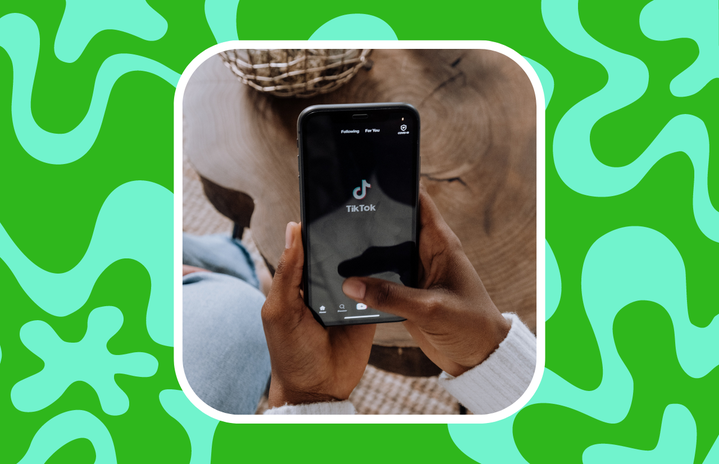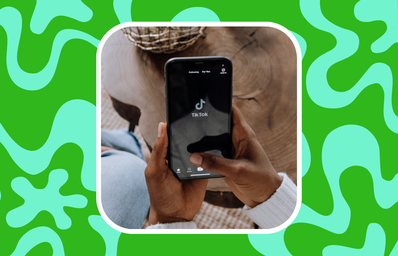Like most girls my age, my social media pages are riddled with influencers showing off their aesthetically pleasing, perfectly lit lives. Even though I know a lot of these videos are most likely staged in one way or another (okay, definitely staged), I can’t help but get reeled in and watch them. Every. Single. Time.
But why? What makes a random girl’s daily life in Hawaii so interesting to absorb? Why do these content creators who simply try on clothes or rate movies make so much money and gather such an impressive audience? Why are we, as a society of young people, so obsessed with influencers, especially when they can negatively impact our psychological well-being, materialism, mental health and overall body satisfaction by giving us unrealistic views of other people’s lives?
Primarily, young adults have a certain fascination with influencers because we feel like we can relate to them, or we want to be like them. Many influencers are young adults themselves and give off a certain “friend next door” vibe with whom other young adults feel they can relate. This kind of similarity makes following these people feel friendly and normal, even though they could be on the other side of the country. This kind of company and comfort, which can be produced at any time of day by just going on social media, can be extremely reassuring for teenagers and young adults who are feeling pressure or stress in their lives. It’s important to remember that social media is a highlight reel, and nobody is as perfect as they seem.
While influencers often use entertaining content to draw viewers to their platforms, studies have shown that it’s the advice that we find so appealing. Viewers give these influencers a certain amount of credibility based on how big their following is, even if they don’t have any academic or professional experience in the field. Seeing a trusted face use a product and deeming it worthy of purchasing feels like you’re getting advice from a friend, and can be extremely persuasive to a younger audience.
This can become potentially problematic when influencers are paid in brand deals or partnerships to recommend a product on their platform, even if the product doesn’t perform the way that it’s advertised. For example, when beauty influencers are sponsored by makeup companies to promote a new product, it can be hard for viewers to know whether these products work and are worth the money. This need for advice and new, trending information is a huge reason why influencers are so popular with younger viewers.
It has also been suggested that young people are so drawn to influencers because humans are social creatures and we are just trying to find new ways to belong and fit into society. These online communities are just the newest way that people are trying to contribute to culture and find new people to connect with.
Essentially, young people are just looking to find new ways to socialize. Following social media influencers that we look up to and want to be like is just society’s most recent way to engage with the world!
Want to see more HCFSU? Be sure to like us on Facebook and follow us on Instagram, Twitter, TikTok, YouTube and Pinterest!


